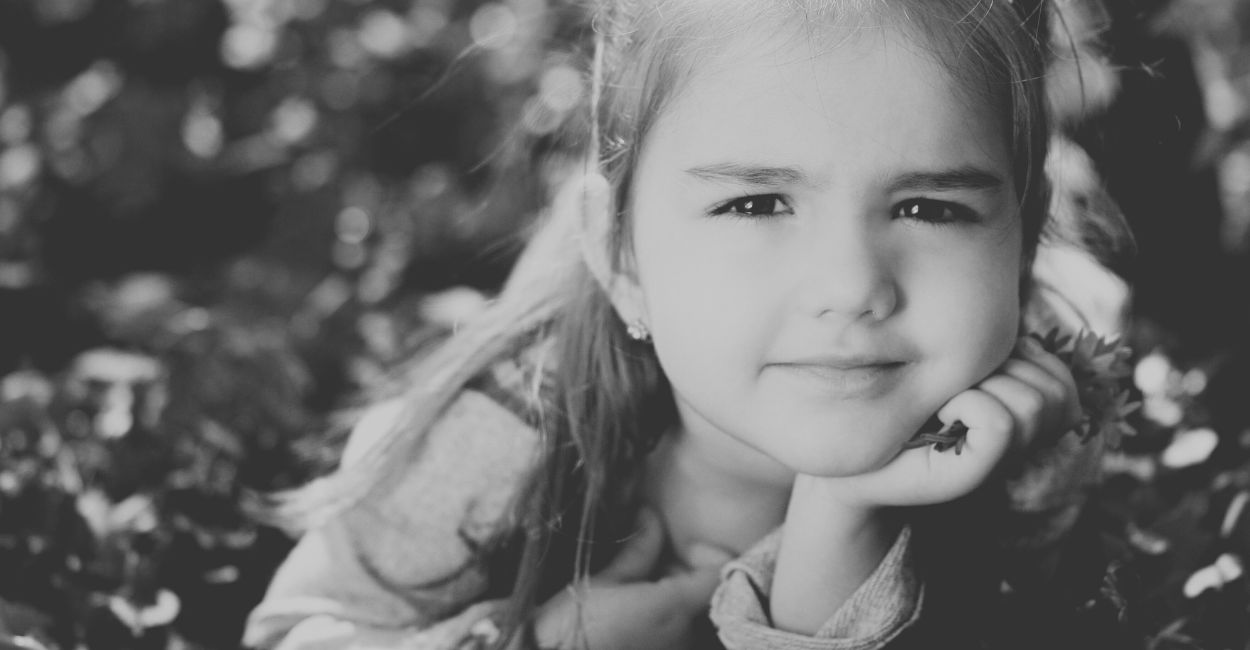In a time when aging is often hidden and childhood is rushed, a poem titled “Remember Me” offers a pause. With an intimate and timeless voice, its author reminds us that although the body changes with age, the soul remains untouched.
“Remember me, little girl of a thousand lives,” begins the first line. It’s not just a nostalgic evocation, but a profound declaration: within each person still lives the child we once were. Throughout the poem, the author — Julia — builds a dialogue between an adult figure and that inner child who, though silenced by routine and the passing of time, still lives on.
The poem flows between tenderness and melancholy. It speaks of first hugs, childhood laughter, learned language, and it anticipates — without drama but with realism — the inevitable changes of the body: aging, difficulty walking, the loss of memories. Yet amid that transformation emerges the central message: “Don’t forget me.”
The purpose of “Remember Me” is not merely emotional. It carries a clear spiritual weight. In its final part, it calls us to dance from the soul, even when the body can no longer follow. “Dance from the heart, always love with truth, for God himself loves to dance with a good soul, little girl,” Julia writes. These verses suggest that divinity — beyond doctrine — resides in authenticity, in genuine joy, in remaining faithful to our essence.
NIÑA
Chiquita de alma de oro,
de flor, como el azahar,
no me olvides mí chiquilla,
que eres reina del lugar.
Y aún noche oscura sea,
cuando crezcas y te hagas
mayor,
aún tristeza te llegaré, y
quizás, rompiste corazón,
aunque no saliese la luna,
o tal vez, no despertarse sol,
recuerdame niña mía,
que llevas dentro al mismo
Dios
Y aunque olvides esto, en momentos de duro penar,
ese alma que ahora te llena,
esa gracia que hace Universo,
esos ojos que alumbran los Cielos,
esa vida que eres mi niña,
esa vida te la guarda Dios .
Y te hará sonreír ante llanto,
y llevará cerca de ti , siempre,
Su Luz,
y allanará cansancio con ternura
y cuidará tus sentires eternamente
con Infinito amor...
English version: LITTLE GIRL
Little one with a soul of gold,
a flower, like orange blossom,
don’t forget me, my little girl,
for you are the queen of this place.
And even if the night is dark,
when you grow up and become
a woman,
even if sorrow reaches you, and
perhaps your heart breaks,
even if the moon doesn’t rise,
or maybe the sun doesn’t wake,
remember me, my little girl,
for within you dwells
God Himself.
And even if you forget this, in moments of deep sorrow,
that soul which now fills you,
that grace that shapes the Universe,
those eyes that light up the Heavens,
that life — you, my little girl —
that life is safeguarded by God.
And He will make you smile through tears,
and will stay close to you, always,
His Light,
and He will ease your weariness with tenderness
and care for your feelings eternally
with Infinite love...
The poem has begun circulating on social media and in spiritual reading spaces, resonating especially with older women who recognize themselves in the speaker, but also with young people seeking to reconnect with their deepest identity. The author, who signs only as Julia, has not shared any biographical details, which has added to the poem’s universal and anonymous quality.
In a world where productivity, appearances, and speed seem to dominate the social narrative, “Remember Me” offers an alternative: to remember who we were, who we truly are, and never lose that vital connection.
Perhaps that’s why, more than a poem, it reads like a command:
“Do not forget me. Your body changes. Your soul never will.”











